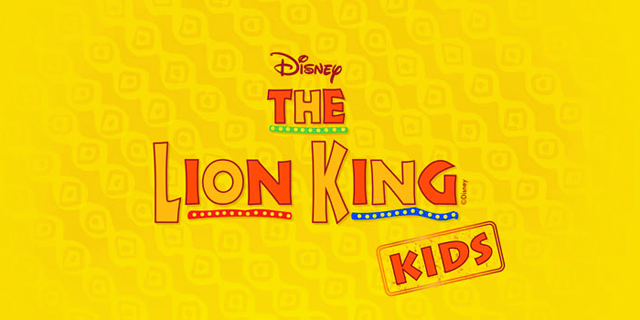Reacting to ‘enemies’ tweets, ‘fake news’
Published 6:00 am Sunday, March 19, 2017
A Facebook friend of mine posted a Seth Meyers article from The Daily Beast with the title, “Seth Meyers Destroys Trump’s Meals on Wheels Cuts: ‘Your heart is So Small.’” My friend’s caption, “The worst person on the planet is our president.”
However, according to Erik Sherman, a contributor to Forbes, President Donald Trump’s proposed budget cut is to the Community Development Block Grant program. According to its annual IRS filing for 2015, Meals on Wheels receives 3.3 percent of their funding from the CDBG program. So saying that the budget eliminates Meals on Wheels is not just misleading, it is factually incorrect.
Trending
Although it didn’t have a catchy name to make it pervasive, fake news has been around for centuries. It became a concept 500 years ago with the invention of print. A lot longer, in fact, than verified, “objective” news, which emerged in force a little more than a century ago. So why the current focus? Bogus stories can reach more people more quickly via social media than any other vehicle could accomplish in the past. Add President Trump’s tweet labeling all media as enemies of the people, and the industry I love is under attack.
Perhaps that makes this the perfect time to point out that through it all The Daily Iberian remains your surrogate and we proudly represent you as the watchdog in the Teche Area. We know you have other things to do, so we do our very best to keep an eye on your money, your government and your schools. We attend government meetings, look into spending and talk to your elected representatives.
This is “Sunshine Week,” when news organizations shine a spotlight on all Americans’ First Amendment rights of free speech and open government. It is an opportunity for journalists to highlight the public good that can come from open access to our government’s documents and records. The “fake news” label applied liberally to entire news organizations is a danger. Many people, especially in our social media culture, will discount documented proof of the actions of our leaders merely based on the publication bringing them to light. Whether a report comes from the left or from the right, the source material is what it is — a record of actions taken, or not taken, under the mantle of public service. Discounting that reality just because you disagree with the editorial position of the publisher doesn’t change the veracity of the core material.
How do you know if the Facebook post that infuriates you is “fake news?” You should check the source, check the author and, perhaps most importantly, check your biases. I know this is difficult. Confirmation bias leads people to put more stock in information that confirms their beliefs and discount information that doesn’t. But the next time you’re automatically appalled at some Facebook post concerning, say, a politician you oppose, take a moment to check it out.
CHRISTINA PIERCE
Trending
PUBLISHER





